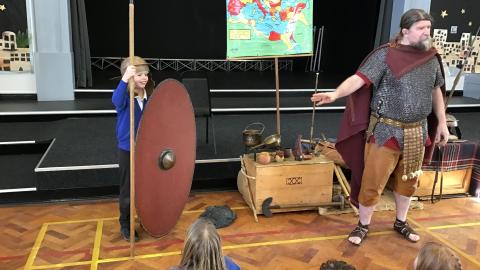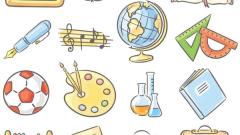History
The History curriculum at Westfield is built up by ordering events in time; finding differences and similarities; writing and talking about the past; using different sources for information; as well as asking and answering questions. All classes in each year group will do all of these at some point and aim to link ‘then’ with ‘now’. We aim to inspire the children by researching events and thinking about people of the past. We strive to make connections to other areas of the curriculum so the children can learn about the era across the board.
The early learning goals at EYFS are very much focused on the memories of the child. More information about the ELGs can be found on the Early Years curriculum tab for Understanding the World.
At Key Stage 1, children may be asked to learn about specific people or events that are both within and beyond living history. There will often be very strong links to a local event or person.
The areas children will cover throughout KS1 include:
- A Toy’s Story - Historical changes in living memory
- City Scorched - History beyond living memory,
- Local history study of The Shambles
- Down The Tracks - A significant achievement and local event study
- We Are Chocolatiers - A significant achievement and local event study
At Key Stage 2, children will learn all about the following periods of British history over the 4 years in Key Stage 2.
- Stone Age
- Ancient Romans
- Anglo Saxons and Scots
- The Vikings
- A local history unit
- A period of history later than 1066 (e.g. World War 2, Victorians, Tudors, the 1960s).
Children will also be introduced to some world civilisations in history. There is some variation allowed for schools here as they can choose one of each section. It may depend on the period of history most relevant to the children themselves.
- Ancient Greeks
- Ancient Egyptians or Ancient Shang dynasty of China or the Indus Valley
- The Mayans or Islamic Civilisation or Benin (AD 900-1300) to contrast with British history


